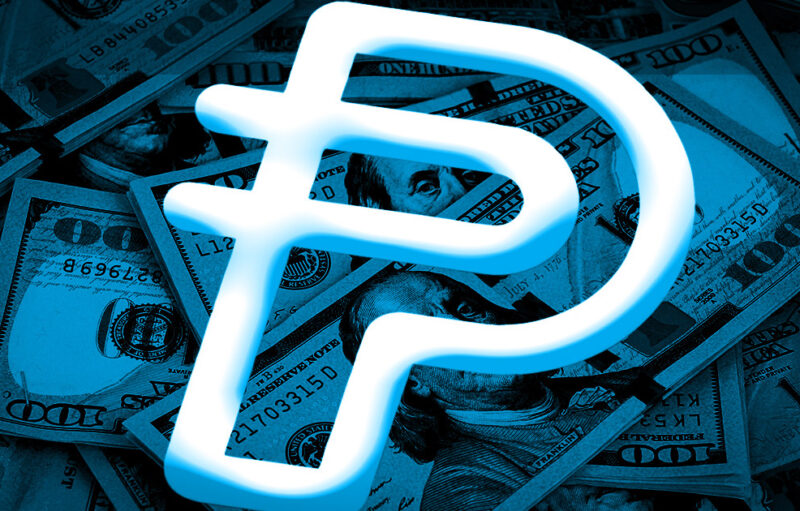
The Merge, executed by Ethereum last year, was widely recognized as one of the pinnacle accomplishments of the cryptocurrency sector. Ethereum had a proof-of-stake blockchain conversion as part of The Merge, changing from a proof-of-work blockchain.
But there is one small problem: The Securities and Exchange Commission (SEC) recently took aggressive action against Kraken. The SEC has once again exercised its regulatory muscle by sending shockwaves across the cryptocurrency market and has said that SEC registration is required for the majority of decentralized financial activity, this time focusing on “staking services.”
The cryptocurrency exchange Kraken was fined $30 million by the SEC on February 9 for its staking service. Ethereum may need to be categorized as a security if it keeps offering to stake. This would obviously be terrible for Ethereum and might pose an existential risk.
Staking Service Amidst SEC Crackdown
The SEC’s actions have negatively impacted centralized staking services, which some people believe could have been beneficial for individual investors in the long term. However, these actions may have a positive effect by promoting the decentralization and distribution of cryptocurrencies, which could benefit the entire industry.
However, there is one alternative as reported by Coindesk. Running a single node directly on the Ethereum network is another alternative. However, doing so requires a high level of technical expertise and, if done incorrectly, could result in token losses. The SEC has no control over whether consumers employ a decentralized staking service or stake their own Ethereum tokens.
The SEC cannot stop people from staking their own ETH tokens or using decentralized staking services. Some supporters of cryptocurrency believe that these regulations will actually help the industry in the long run. The regulations will encourage cryptocurrencies to remain decentralized and anonymous, which were the original principles that they were created. So, while the regulations may seem restrictive, they could actually benefit the future of cryptocurrency.
According to a public complaint, Kraken has been offering and selling a service called “staking” to people who own cryptocurrency. Staking involves pooling together crypto assets from multiple investors and using them to earn rewards on their behalf. So, Kraken is taking investors’ crypto assets and staking them to earn rewards and then distributing those rewards back to the investors.
To explain further, staking involves locking up or “staking” one’s cryptocurrency tokens with a blockchain validator to help validate data for the blockchain. In exchange, the investor is rewarded with new tokens. Kraken has been offering a service where they pool together crypto assets from multiple investors and stake them on their behalf.
However, when investors provide their tokens to staking-as-a-service providers like Kraken, they lose control of those tokens and take on the risks associated with those platforms, with little protection.
The post appeared first on Coinpedia






